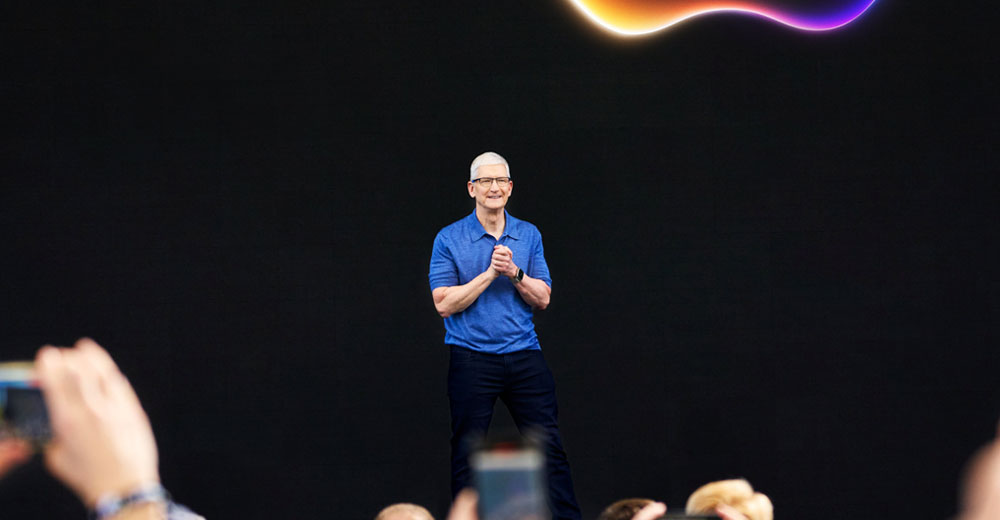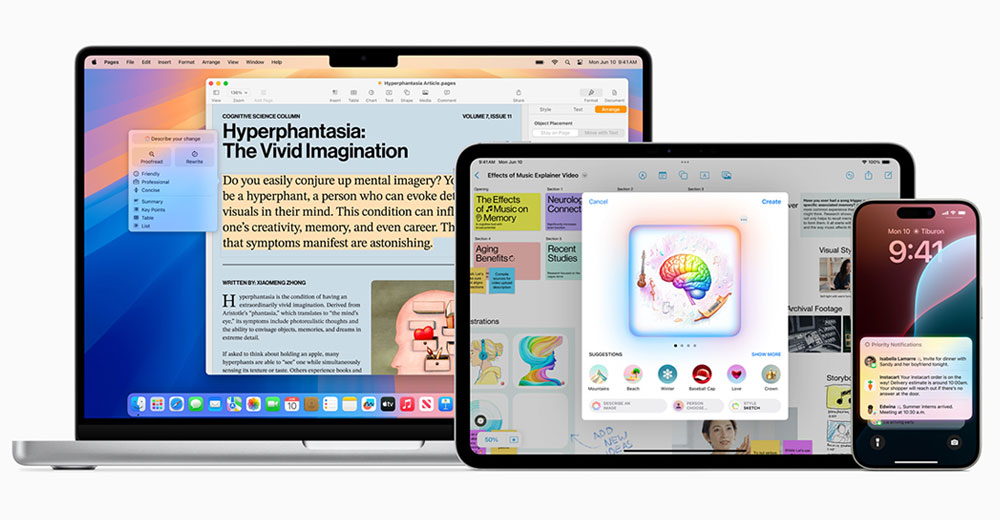
As news of Wednesday’s judicial decision to break up Microsoft Corp. (NYSE: MSN) continues to reverberate through the high-tech world, many analysts and observers are wondering what all of the ballyhoo is about.
In the short term, Microsoft attorneys are expected to file for an emergency stay within the next few days. If granted, the stay would temporarily halt the interim “conduct remedies” that U.S. District Judge Thomas Penfield Jackson imposed as part of his decision to break Microsoft into two competing companies.
In the long term, Microsoft attorneys say they oppose the U.S. government’s plan to move the software giant’s appeal quickly past the appeals court directly to the U.S. Supreme Court. The U.S. Court of Appeals for the District of Columbia Circuit, which holds jurisdiction, has ruled favorably toward Microsoft in the past. It will also hear the request for the stay.
Long Limbo?
The government cited the Expediting Act, a little-used law that puts antitrust cases on the fast track when the outcome is deemed important to the national interest. Jackson told the Washington Post he is “favorably disposed” toward that path.
However, the Supreme Court’s spring term expires the end of June, and it is possible that the Court may not respond to the request until it returns on October 1st.
The Court could agree to hear the case — and there is disagreement among legal experts over whether it will — and a decision could come within a year. Or, it could send it back for appeal, a process which some analysts believe could take several years.
Four of the nine justices must agree to hear the case.
Mixed Reaction
Reactions to the widely-expected decision were varied. Microsoft co-founder Bill Gates said the breakup would “undermine [the] high-tech economy, hurt consumers, make computers harder to use and impact thousands of other companies and employees throughout the high-tech industry.”
U.S. Attorney General Janet Reno said the ruling “will have a profound impact not only by promoting competition in the software industry, but also by reaffirming the importance of antitrust law enforcement in the 21st century and the importance of competition.” Some Microsoft rivals hailed the decision while others in the high-tech industry slammed it.
“It seems to us the American dream of working hard and prospering is being called into question by the treatment Microsoft is receiving,” said Keith Teare, a native of England and CEO of RealNames, an Internet navigation company. “I do not believe ordinary Americans should allow one of the country’s most successful entrepreneurs to be effectively neutralized because he was too successful.”
Too Early to Tell
It is unclear how the decision will affect the average American consumer, if at all. Computer users are unlikely to see any immediate effect, but those who buy new computers might.
Also, shareholders have seen no drastic changes as of yet. Microsoft shares rose 7/8 to 70 1/2 Wednesday on the Nasdaq, then climbed to 71 3/4 in after-hours trading after the decision was announced.
Microsoft shares began to drop from an all-time high of $120 a share when the government began its antitrust probe.









































Social Media
See all Social Media